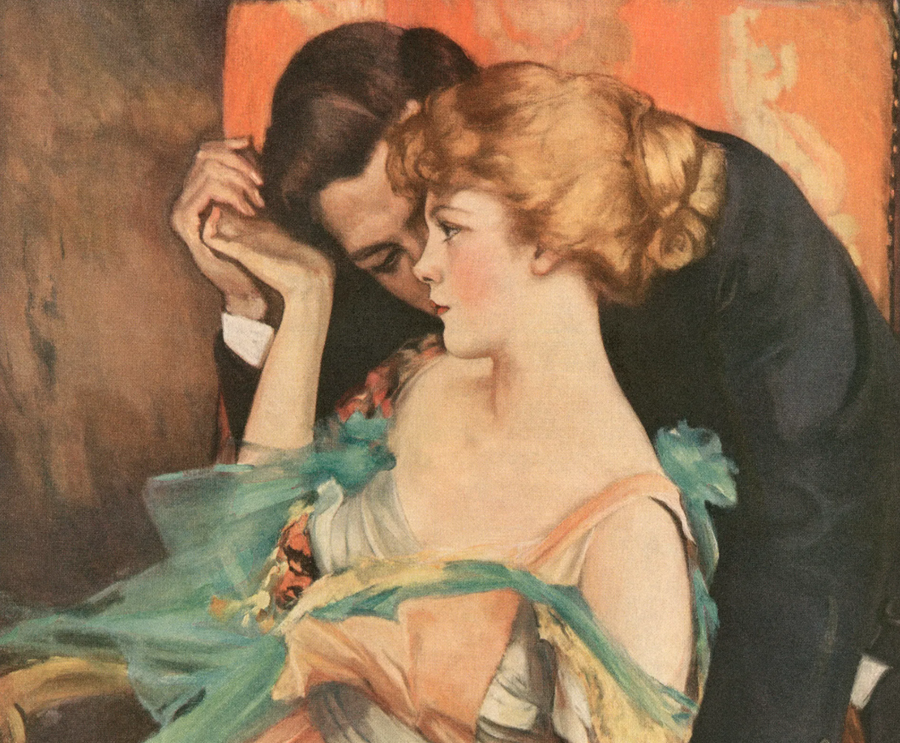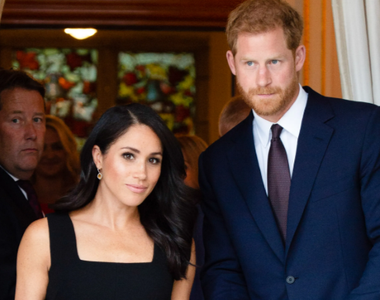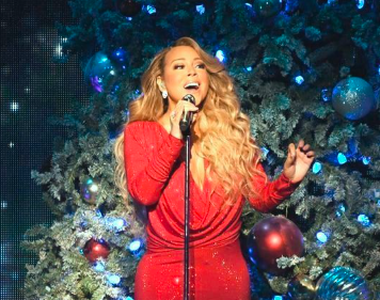
If someone says even “my boyfriend” on social media, I immediately “mute” them. There’s nothing I hate more than following someone for fun, only to have their content suddenly turn into “my boyfriend” and nothing else. Maybe that’s because, for a long time, it felt like we lived in what one of my favorite authors on Substack* calls “Land of Lovers”: a world where women’s online identities revolved around the lives of their partners—something that rarely happened the other way around. Women were prized for their ability to find and keep a man, earning them higher social status and accolades. This became even more stifling when this dynamic began to be exploited on social media for content and, if you were serious enough, for financial gain.
Shën.ed. Substack – platform that allows writers and podcasters to publish content to their audience and get paid through subscriptions.
Recently, however, there has been a noticeable shift in the way people display their relationships online: instead of fully introducing their romantic partners, heterosexual women are opting for much more subtle cues—a hand on the wheel, glasses clinking at dinner, or the back of someone’s head. At the more bizarre end, there are blurred faces in wedding photos, or entire professional videos where the fiancé is “accidentally” cut out of every shot. Women are hiding their partner’s face in posts, as if to deny his existence without completely excluding him from their networks.
So what's really going on? Are people now feeling embarrassed about their partners? Or is there something more complicated behind this? To me, it seems like a result of women wanting to stay between two worlds: one where they can benefit from the social advantages that come with being in a relationship, and another where they don't want to seem so fixated on their "boyfriend" that they're perceived as out of place or culturally out of step.
“They want the reward and joy that comes with being in a relationship, but they also understand how ‘normal’ and commonplace it is,” says Zoé Samudzi, a writer and activist. In other words, in an era of rampant “heterofatalism,” women don’t want to seem to center their entire identity on their partner, but they also want the symbolic benefit and status that comes with being in a relationship.
Heterofatalism describes a pessimistic way of thinking, especially among heterosexual women, that sees heterosexuality as a system of relationships prone to failure.
But it's not just about image. When I asked for opinions on Instagram, many women told me that they were, in fact, superstitious. Some feared the "evil eye," the belief that their happiness in a relationship could arouse so much envy in others that it could destroy the relationship. Others worried that the relationship would end and they would be left with the posts as unwanted memories. "I was in a relationship for 12 years and I never posted or mentioned it online. We recently broke up, and I don't think I'll ever post about a man," says Nikki, 38. "Even though I'm a romantic, I still think that men can embarrass you, even after 12 years together, so showing someone off publicly seems pointless."
Yet, from both single and committed women, there was a strong sense of guilt, as if being with a man was almost an act to be justified. On the podcast "Delusional Diaries," hosted by two New York influencers, Halley and Jaz, they discuss whether having a boyfriend is "shameful" these days. "Why does having a boyfriend seem like a Republican thing?" read one widely shared comment. "Boyfriends are out of style. They won't come back until they behave properly," read another comment with thousands of likes.
Basically, “having a boyfriend usually ruins a woman’s aura,” as one commenter put it. Ironically, both podcast hosts are in relationships, something I see a lot of online. Even women who are in relationships often complain about men and heterosexuality — partly out of solidarity with other women, but also because these days, it’s basically no longer “cool” to be a girl who identifies with her boyfriend.
It’s not just in these women’s imaginations—audiences really do get a kick out of seeing a lot of “boyfriend” content, and it seems I’m part of it (as evidenced by my frequent use of the “mute” button). When British Vogue author and contributor Stephanie Yeboah publicly introduced her boyfriend on social media, she lost hundreds of followers. “Even if we were still together, I wouldn’t post about him anymore. There’s something awkward and a little embarrassing about the fact that you’re constantly posting about your partner these days,” she told me, adding, “Part of me would feel guilty about always sharing your partner—especially now that we know the dating landscape is so bleak. I wouldn’t want to come across as boastful.”
Sophie Milner, a content creator, noticed that many people deleted her from social media when she went public with a romantic relationship. “This summer, a guy took me to Sicily. I posted about it in the section for people who subscribe to my channel, and some people wrote to me: ‘Please don’t have a boyfriend!’” She admits that her content can sometimes be less interesting when she’s in a relationship. “Being single gives you a sense of absolute freedom to say and do whatever you want. It’s not like that for every woman, but I’ve noticed that when we’re in a relationship, we often become more subdued and reserved online — myself included.”
From the conversations I’ve had, one thing is clear: the script is changing. Being in a relationship is no longer proof of your femininity; it’s no longer seen as an achievement, and in fact, it’s become more trendy to declare that you’re single. As heterosexual women, we’re facing something that every other sexual orientation has already gone through: the politicization of our identity. Heterosexuality has always been intentionally ambiguous, a concept that’s difficult to critique from both inside and outside. But as traditional roles begin to crumble, perhaps we’re being forced to reconsider our blind allegiance to heterosexuality.
Of course, there's no shame in falling in love. But it's equally true that there's no shame in trying and failing to find it - or even choosing not to look for it at all. As long as we're openly reexamining and criticizing heteronormativity, "having a boyfriend" will remain a somewhat fragile, even controversial, concept in public life.
Heteronormativity refers to the idea prevalent in society that relationships between a man and a woman are the "normal" or "standard" form of love, while any other type of relationship is seen as an exception.
This is happening in parallel with a wave of women taking back control of their singleness and romanticizing it. Once seen as a warning - "you'll end up with a cat" - being single is now becoming a desired and admired status. Another step towards the overthrow of the old heterosexual fairy tale - a myth that, from the beginning, has never served women well.
- Written by Chanté Joseph, writer, social commentator and talk show host; translated and adapted by Anabel.





